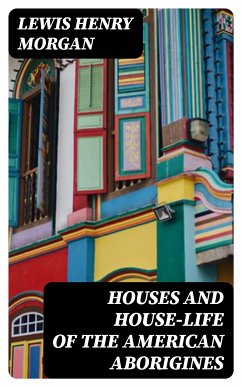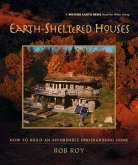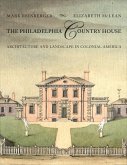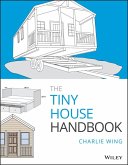In "Houses and House-Life of the American Aborigines," Lewis Henry Morgan meticulously examines the architectural and social structures of Indigenous American dwellings. Blending ethnography and anthropology, Morgan's work captures the intricate relationship between habitat and cultural identity, showcasing an array of house types from simple tent-like structures to more complex communal arrangements. His literary style reflects the rigorous observational techniques of 19th-century social science, positioning the text as both a pioneering anthropological study and a rich historical document that sheds light on Native American life in the mid-1800s. Morgan, a renowned anthropologist and social theorist, was profoundly influenced by his experiences among the Iroquois, his extensive research, and his conviction in human progress and social evolution. His background in law and passion for understanding societal structures provided him with a unique lens through which to view and articulate the lives of Indigenous peoples. Through this work, Morgan aimed not only to document but also to elucidate the cultural sophistication of the Native American experience, challenging contemporary Eurocentric narratives. This book is essential for readers interested in anthropology, American history, and Indigenous studies. Morgan's insights invite scholars and general readers alike to reconsider preconceived notions of civilization and social organization, making "Houses and House-Life of the American Aborigines" a seminal work in understanding the complexities of human cultures.
Dieser Download kann aus rechtlichen Gründen nur mit Rechnungsadresse in A, B, BG, CY, CZ, D, DK, EW, E, FIN, F, GR, H, IRL, I, LT, L, LR, M, NL, PL, P, R, S, SLO, SK ausgeliefert werden.
Hinweis: Dieser Artikel kann nur an eine deutsche Lieferadresse ausgeliefert werden.









